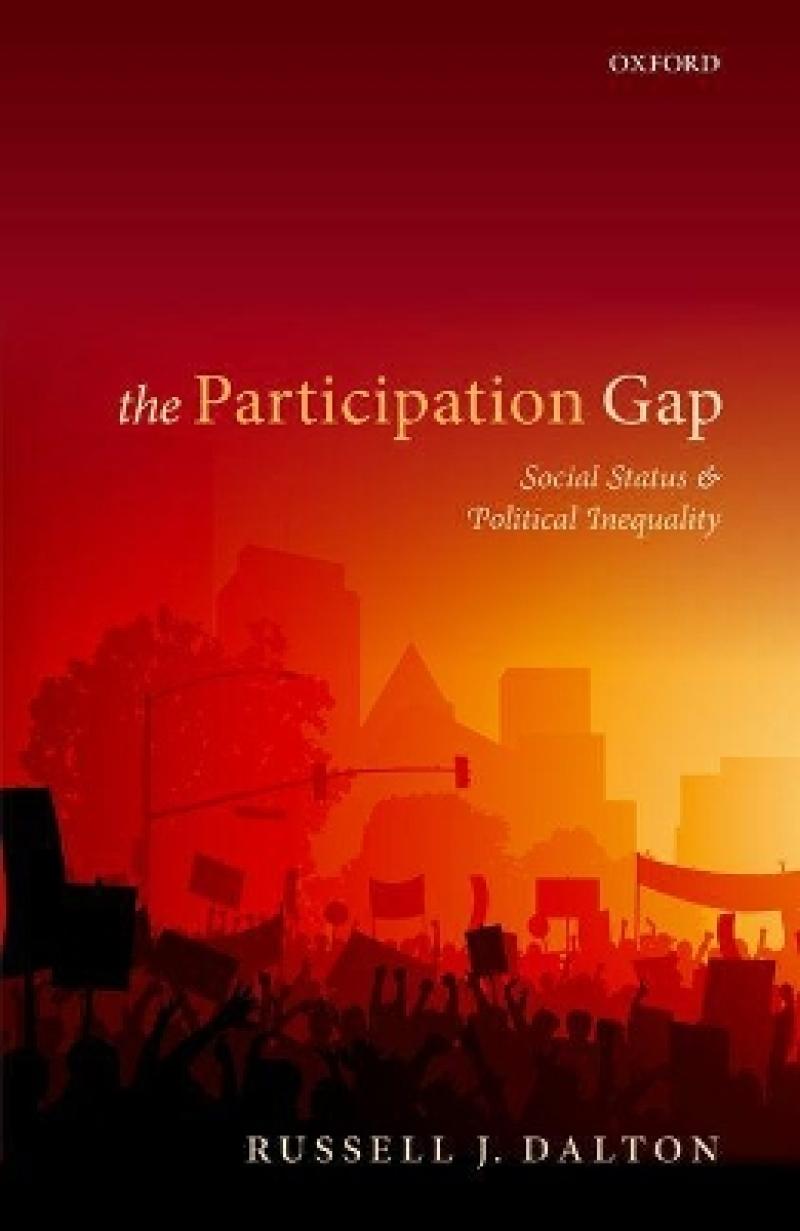In this excellent book, Russell Dalton uses data from twenty established democracies to assess systematically the multiple individual attributes and contextual factors that influence levels of political activity and to investigate the extent to which participation is characterized by a class based gap. In so doing, he provides a tremendous service for students of citizen political behavior -- especially those who, like me, study a single democracy often cited as an outlier when it comes to the way its democracy works.
Kay L. Schlozman, J. Joseph Moakley Professor, Boston College
Russ Dalton in one of the world's leading experts on political participation and this new volume tackles a key issue arising from growing inequality in income and wealth which is occurring across most of the democratic world class, race, educational and income-related inequalities in political participation, which in turn give rise to differences in public policy outcomes and ultimately affect the life chances of ordinary citizens. It is a meticulous and masterful analysis of a serious problem facing democratic politics today, and essential reading for anyone interested in the consequences of inequality in contemporary society.
Paul Whiteley, Professor of Politics, University of Essex
In the middle of a deluge of trendy complaints and fact-free meditations about democracy Dalton presents a nuanced empirical analysis of the most serious failure of liberal democracyits enduring inability to involve permanent losers. His cross-national and longitudinal data show that the continuous expansion of participation ironically results in growing political inequality. Everyone concerned about the future of democratic politics should read Dalton's thoughtful considerations on the pros and cons of rising biased participation.
Jan W. van Deth, Professor Emeritus of Political Science and International Comparative Social Research, University of Mannheim.
